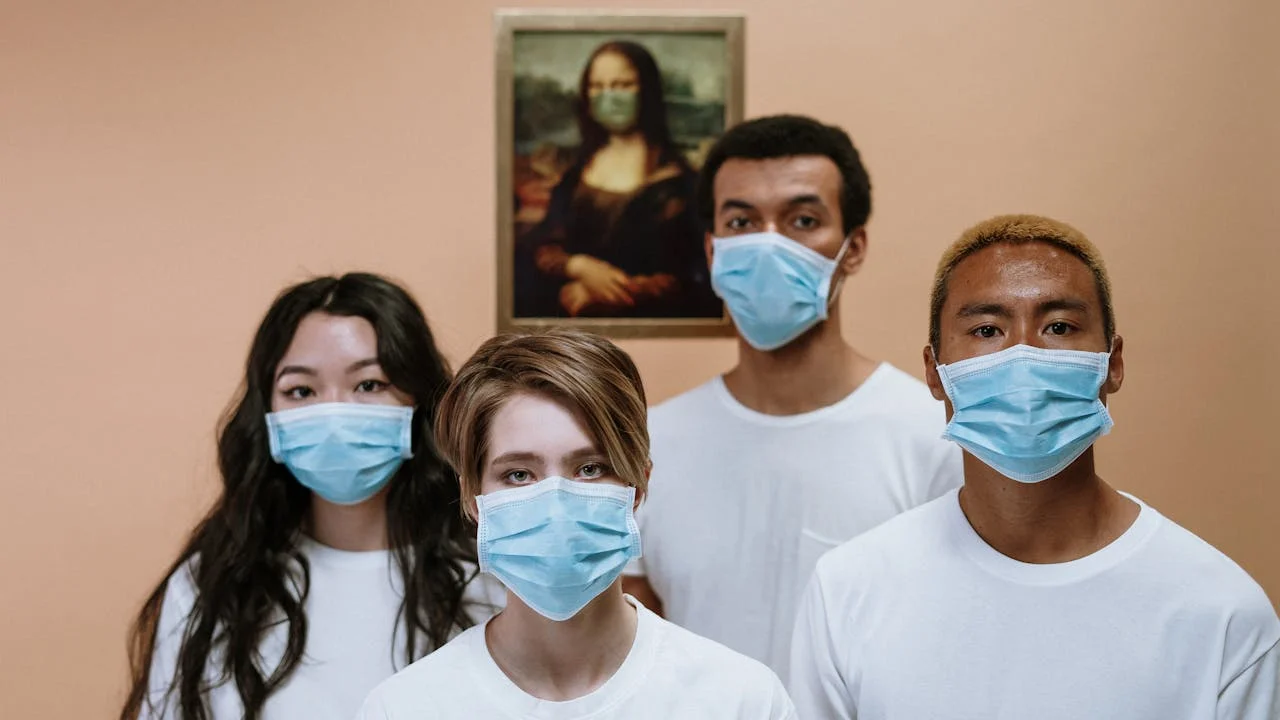
UnitedHealthcare’s second annual Student Behavioral Health Report reveals that college students are more likely to self-report experiencing high-risk mental or behavioral health concerns compared to high school students.
Key findings highlight a significant disparity between college students’ self-reports and their parents’ perceptions. Parents of high school students have a more accurate understanding of their children’s mental health concerns, while college parents remain largely unaware of the increased risks faced by their children.
Among college students, 77% reported encountering at least one mental or behavioral health issue in the past year, including anxiety/stress (55%), depression (41%), and suicidal ideation and intent (13%). These rates are nearly 50% higher than those reported by high school students, who indicated similar concerns at 35%, 20%, and 9%, respectively. This discrepancy suggests a “perception gap” that could hinder effective parent-child communication about mental health.
The report also found that frequent discussions about mental health significantly increase students’ feelings of support. It highlights the different factors influencing students’ mental and behavioral health during high school and college and the varying parental understanding of these challenges.
“Youth mental and behavioral health remains an urgent priority, with challenges escalating in college,” said Dr. Donald Tavakoli, UnitedHealthcare’s national medical director for behavioral health. “Awareness of the perception gap between parents and students can help maintain supportive connections during the transition from high school to college.”
John MacPhee, CEO of The Jed Foundation, emphasized the importance of open dialogues: “Frequent discussions between parents and children about emotional health can make a substantial difference, empowering young people to seek support.”
To facilitate these conversations, UnitedHealthcare provides parent and youth conversation starter cards. Additionally, the organization offers a range of behavioral health solutions, including digital self-care tools, telephonic support, coaching, in-person and virtual visits, family support, and employee assistance programs, ensuring access to comprehensive care.




